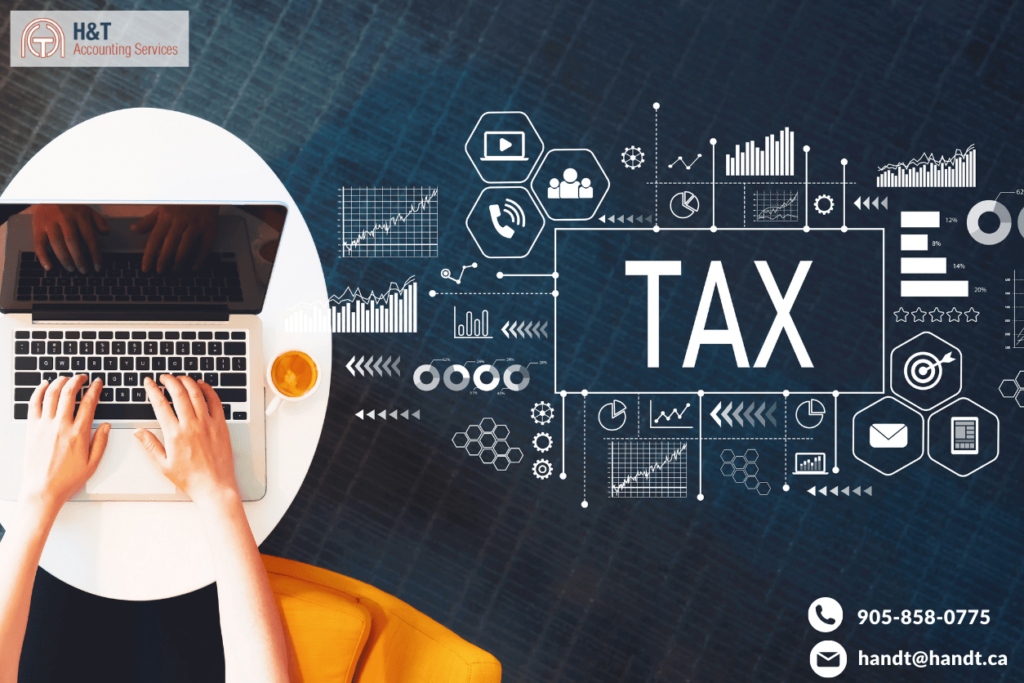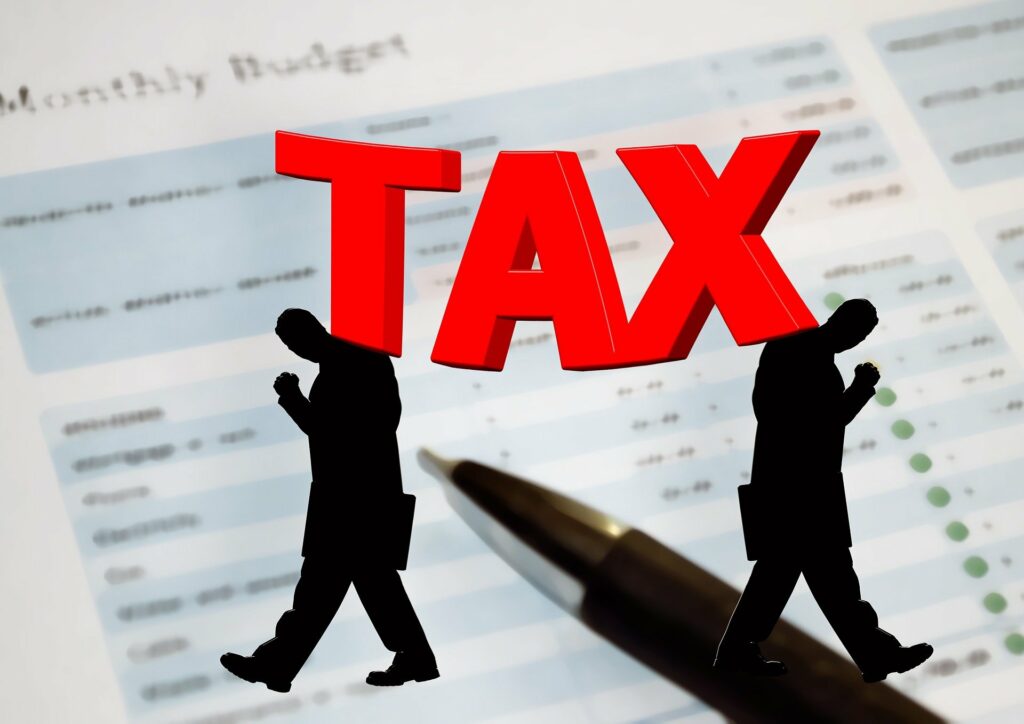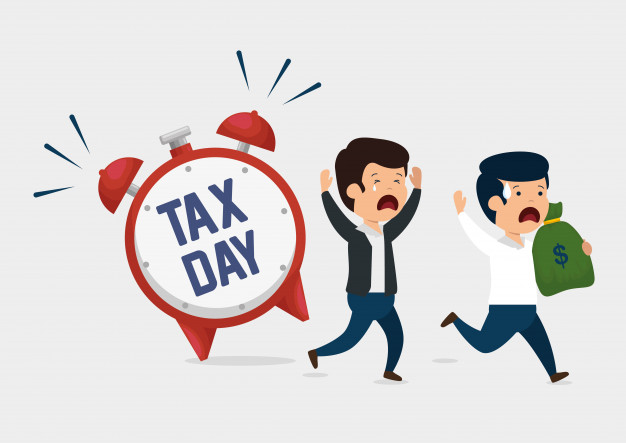As your small business continues to grow, so do the customers and sales. You feel like all that hard work is paying off until you see your profits. You’re shocked that they do not match the growth of your business. Now, no need to worry this simply just means that you need to examine the following areas to address this issue.
Investing back into your business
It’s an intelligent move to invest a fraction of your profits back into your business to help it grow. The best growth strategies – especially fast ones, require you to spend some money. This consists of marketing materials, ads, branding, and many others. However, it’s still important to track costs and make informed decisions to get a reasonable ‘Return on Investment (ROI).
For the majority of businesses, it is recommended to allot 5% of your revenue to your marketing budget. Although if you are starting out this might not be enough; businesses that are newer usually have to spend more capital toward marketing in order to get themselves off the ground and build a loyal customer base. Many of these costs can include; buying website domains, designing a logo, and buying ad space to target your ideal demographic.
When it comes to accounting, the money spent on marketing and promotion will be counted as an expense that will impact how profitable your business appears. But they are not thought of as a “pure” expense. They’re more an asset as they provide you with an economic benefit and a clientele that will help your business grow. These costs can be thought of as a fundamental investment. Like any investment, you can be carefully tracking your ROI (or return on investment) and making adjustments when you’re not getting your money’s worth. For example, if you’re paying for an ad on Facebook and you’re not getting the clicks and traction you hoped for, it may be time for you to reconsider your strategy and assign that investment money elsewhere.
You are not tracking your fixed costs
Your fixed costs or also known as overheads are the consistent operating expenses of your business, they can be one of the major reasons why your profits might not be matching your growth. Some fixed costs can include:
- Government Licenses or Permits
- Utilities
- Insurance Payments
- Rent
A great way to know the expense of these fixed costs is to have a clear picture of the company’s financial records. This allows you to work your way through and track your profits, expenses and many more. Knowing this can allow you to come up with a budget and cut down or eliminate unnecessary fixed costs.
Team Growth
It is a great and exciting experience to bring in your employees as they are a great way to grow your business. But, keep in mind as your business grows so does the team and along with this, you are tied to more expenses. This could mean marketing materials and hiring new staff and this can have an impact on your profits hence why your profits might be the same or even less as you grow.
With a growing team it is similar to overhead costs, not only are you paying more salary every month you’re also spending money on the time and equipment it takes to train a new employee.
Here at H&T for hiring, we recommend a similar mindset as expanding overhead costs: growth for the sake of it is expensive. But bringing on new team members to match the load of your work and business size is both a great and wise investment.
If you still have a hard time setting your profit goals or how to cut down on expenses it might be a good idea to consult with H&T Accountants and/or a financial advisor. Doing so can allow you to maximize your profits.
If you are looking for more money advice or how to grow your business or even want to learn the basics of accounting and finance follow our blog and stay in touch!










